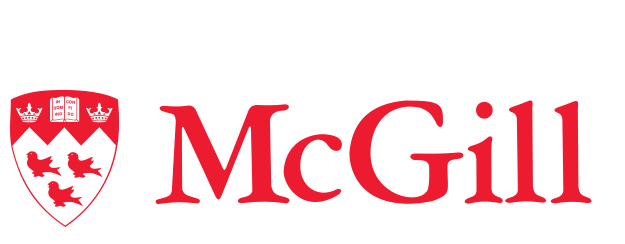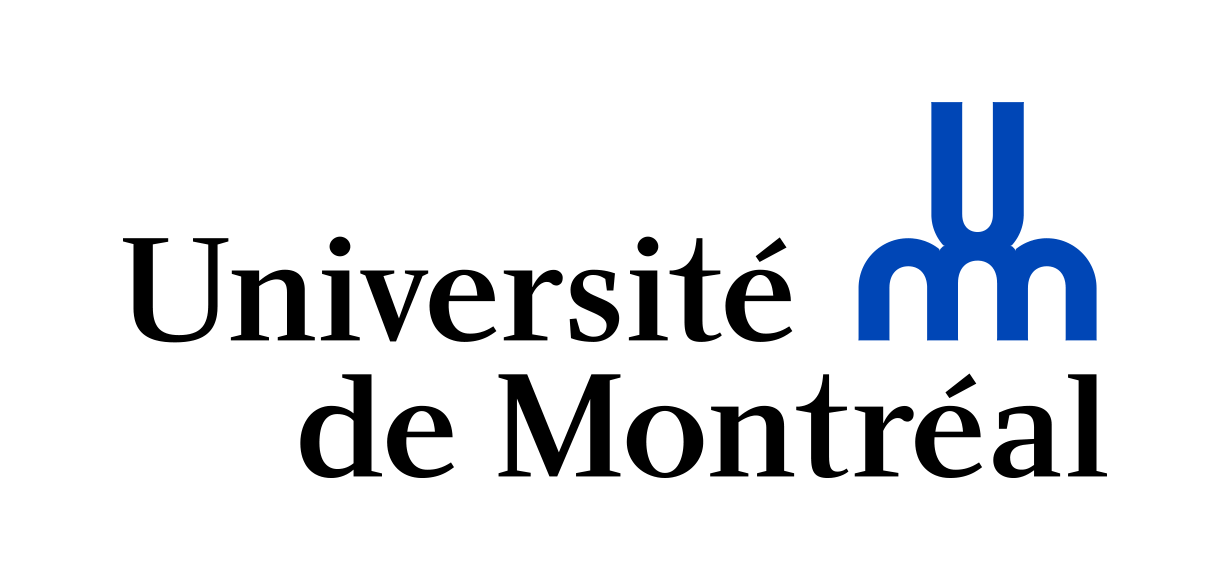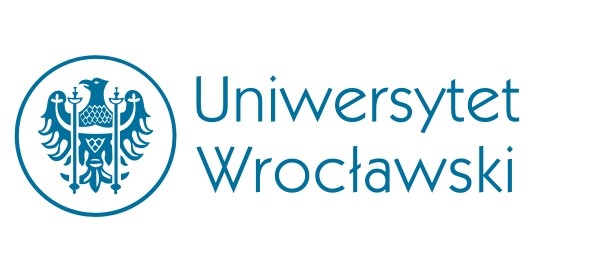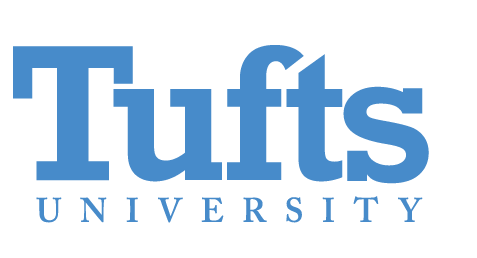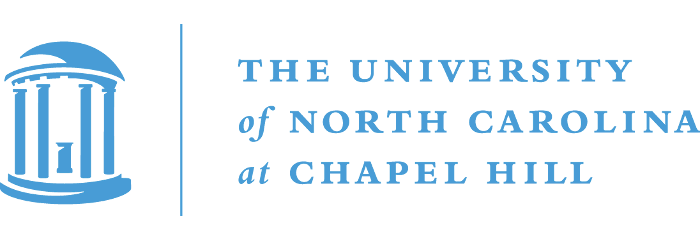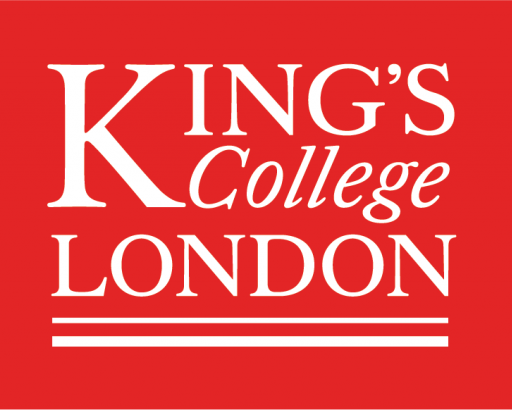Alexandra Liebich – October 2018
In early October 2018, I had the chance to participate in the BEAR Multi-Methods Workshop at the University of Glasgow. It was a wonderful opportunity, very engaging, and I learned a tremendous amount – both from the faculty members who facilitated, and from the other participants. All sessions were designed purposefully, with the earlier part of the day devoted to learning about a particular method, its utility, applications, advantages and disadvantages, etc.; and the latter part of the day dedicated to brainstorming student research projects, group work, and exploring methodological possibilities based on the morning’s sessions. This is exactly how workshops should be structured, in my view, to allow for maximum learning, interaction, and exchange among participants.
On Day 1 we focused on Protest Event Analysis (PEA). We did a refresher in social movement theory and contentious politics, outlining the “rules of the game,” the main actors/ “players,” political opportunity structures, identities, threats, perceptions, resources, networks, etc. We then moved on to discussing event data and how to create it; analyzing events as outcomes/ effects and as causes; using online social media data to study movements as well as moments (event snapshots); and the ethical considerations involved. One of our debates centered on the distinctions between social movements, civil society, and contentious politics: arguably, the line between these phenomena is difficult to draw in post-communist Europe. Later, when exploring event catalogs and series, we were reminded that while events may be interesting in and of themselves, as social scientists, we must also view them as a proxy for – or an indicator of – other important social and political phenomena. A key takeaway for me (which I will incorporate into my thesis project) was Charles Tilly’s 2 questions: What is the theory of the underlying phenomena? And what is the theory of the data generating process? Data is political, and we need to consider the data generating process for all sources we use in our research.
On Day 2 we focused on Social Network Analysis (SNA). We learned about the various types of networks and how to model them; the differences between descriptive and inferential network analysis; and we were introduced to some software programs that could assist in our analyses. Prior to this session, I did not realize how ubiquitous networks are in the study of politics: legislative networks, policy processes, coalitions, international relations, interest groups, epistemic communities, etc. I particularly liked the idea of doing interviews or ethnography to complement SNA, to provide more nuance and depth and thick description. SNA gives us a way to measure the interactions and links between diverse actors (or sets of actors), and between actors and objects.
The theme of Day 3 was Simulations, and I thoroughly enjoyed this session. I have always believed in the power of simulations as a terrific pedagogical tool – if and when designed and executed purposefully. It’s always amazing to see the light-bulbs go on when students are immersed in an exercise that models real-world, real-time behavior by actors and institutions. I have been integrating simulations and other types of teamwork and thought experiments into my teaching for the past few years. This session inspired me to explore new kinds of simulations and games, e.g. modeling a humanitarian crisis or natural disaster, peace-building negotiations, conflict management, and international organizations.
In sum, I have been searching for ways to combine my interests in research methods, on the one hand, and pedagogy, on the other, and the BEAR workshop provided an excellent forum in which to integrate the two. It allowed me to advance both my research and teaching goals. Thank you again for this opportunity!





